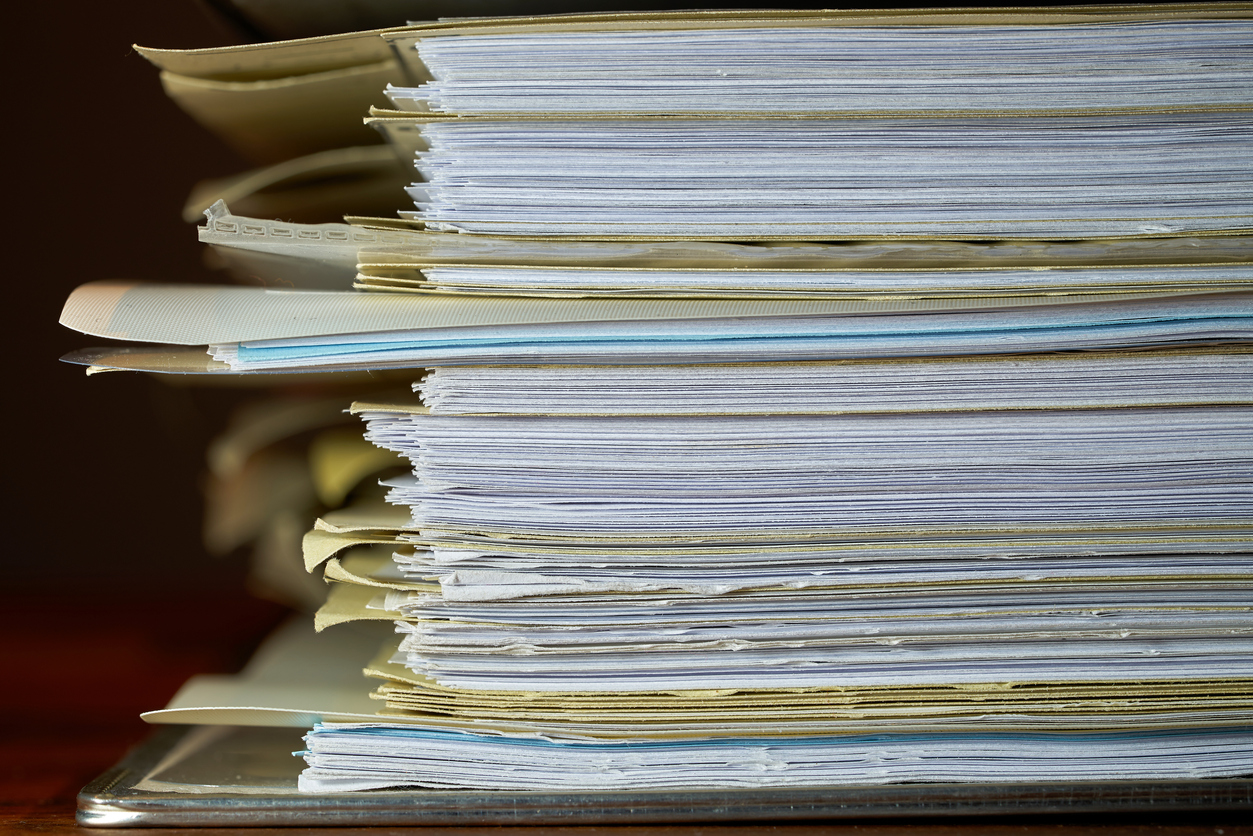I’ve previously written about the “claims file privilege” in the state of Florida. In that blog post, Obtaining the Insurance Company Claims File, I discussed that the “claims file privilege” is a judicially created privilege and as a result of Florida abolishing common law privilege, privileges cannot be derived from judicial construction. Florida Statutes 90.501-90.510 discuss the applicable privileges in Florida, and “claims file” is not one of them.
A trial court order out of the 11th Judicial Circuit of Florida adds some clarity on the issue.1 This order illustrates that the “claims file” documents were not prepared in anticipation of litigation but rather as part of the insurance companies’ adjustment of the claim which is an activity required under the policy.
Put simply, an insurance company, like all other litigants, must show that the subject materials were prepared in anticipation of litigation, as opposed to a part of an investigation “conducted during the normal business of evaluating the claim” made by its insured. Nationwide Mut. Fire Ins. Co. v. Harmon, 580 So. 2d 192 (Fla. 4th DCA 1991). Insurance companies are in the business of issuing policies and adjusting claims, not the business of litigating them, and the vast majority of claims submitted by their insureds do not result in adversary proceedings. And while it is theoretically “possible” that any claim submitted by an insured will wind up in litigation, every document generated as part of an insurer’s adjustment activities is not immune from discovery.
The court affirms that the Work-Product Privilege is the applicable privilege and goes on to discuss the progeny of the “claims file privilege” and how the underlying privilege is actually the Work-Product Privilege:
The bottom line is that documents in an insurance carrier’s file — like documents in any litigant’s file — that are relevant or reasonably calculated to lead to the discovery of admissible evidence are discoverable unless, and only unless, privileged. See Fla. R. Civ. P. 1.280(b)(1). It makes no difference whether the document in the insurer’s file is an “activity log,” “claims manual,” “photograph” of the damaged property, or anything else. Nor does it matter how the material is labeled by the carrier, or where it is located within the insurer’s “file.” Such material is protected by the work product privilege if, and only if, it is prepared “in anticipation of litigation.” See Fla. R. Civ. P. 1.280(b(3). The law, quite simply, does not recognize a “claims file” privilege.
When I wrote the original blog, a friend of mine asked: “Don’t insurance companies expect litigation at the time of a loss?” My first thought was if an insurance company expects to be sued every time their insured makes a claim, the company’s claim handling process must be terrible. The claims file should not be something that we as plaintiffs’ attorneys are shying away from. Plaintiffs’ attorneys should be requesting the claims file, as it is discovery to which they are otherwise entitled.
____________________________________
1 Udelson v. Nationwide Ins. Co. of Florida, No. 12-25140 CA 20, 20 Fla. L. Weekly Supp. 1167a (Fla. Cir. Ct, Miami-Dade April 5, 2013).




